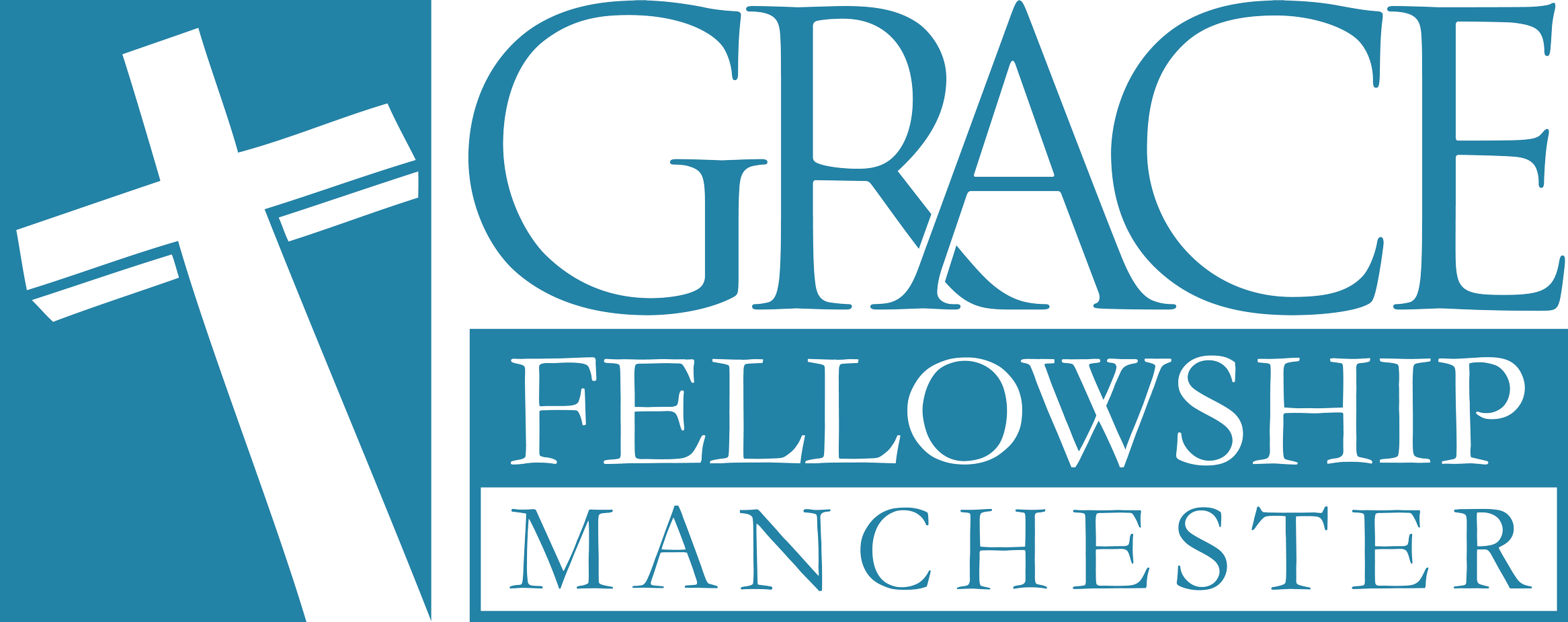The Simplicity of Faith By Ichabod Spencer
THE simplicity of Faith was once illustrated to me in another, and a very different manner.
I was preaching my ordinary weekly lecture in the evening; when I was sent for in great haste, to visit a woman, who was said to be dying, and who very much desired to see me. I closed the service, as soon as I could, and went immediately to her house. She was a member of my church, whom I had known very well, for years; with whom I had been acquainted ever since her first serious impressions, before she became a communicant. As I entered the room where she lay, I found it filled with her friends, who had gathered around her to see her die. Making my way through the midst of them, I reached the side of her bed, and found her apparently in the last agonies of death. She was bolstered up in her bed, gasping for breath, almost suffocated by the asthma; and the whole bed shook, by a palpitation of her heart, which seemed to be shaking her to pieces. It appeared to me, that she could not live the quarter of an hour. I said to her,—
“Mrs. M., you seem to be very sick?”
“Yes,” said she, “I am dying.”
“And are you ready to die?”
She lifted her eyes upon me, with a solemn and fixed gaze, and speaking with great difficulty, she replied;—
Sir, God knows—I have taken him—at his word.—and—I am not afraid—to die.”
It was new definition of faith. “I have taken Him at his word.” It struck me in an instant, as a triumph of faith. ”God. knows I have taken him at his word, and I am not afraid to die.” It was just the thing for her to say. I have often tried” to think, what else she could have said, that would have expressed so much, in such few words.
I prayed, some four minutes, by her bed-side, recited to her some passages of God’s word, and was about to leave her, for a moment, to her friends; whom she seemed anxious to address. She held me by the hand; and uttering a word at a time, as she gasped for breath, she said to me;—
“I wanted to tell you—that I can—trust—in God—while—I am dying.—You have-often told me—he would not—forsake me.—And now—I find—it true.—I am-at peace.—I die—willingly—and happy.”
In a few minutes, I left her, uttering to her such promises of the Saviour, as I deemed most appropriate—However, she did not die. She still lives. But that expression of her faith has been of great benefit to me. It has aided me in preaching, and in conversation with inquiring sinners very often. It gave me a more simple idea of faith, than I ever had before. It put aside all the mist of metaphysics, speculation, and philosophizing. It made the whole nature of faith plain. Everybody could understand it:—“God knows, I have taken him at his word”
If I am not mistaken, many of the speculation about faith have no tendency to invite faith. Rather the contrary. The speculations tend to throw over the exercises of faith an obscurity—tend to give them a dimness and distance, which make them too uncertain and too far off for either clearness or comfort. We cannot afford to take such long journeys, and through such intricate windings. The Bible never asks us to do it. “The word is nigh three, even in thy mouth and in thy heart, that is, the word of faith which we preach, that if thou shalt confess with thy mouth the Lord Jesus, and shalt believe in thy heart, that God hath raised him from the dead, thou shalt be saved.” This is all clear; “nigh thee.” It is God’s word. Speculations cannot improve it. Explanations cannot make it invite faith, only as they make its simplicity understood.
Many of the published Dissertations, on the nature and philosophy of the atonement, may be deep, but they are dark. We cannot afford to travel along such weary distances, and through such twilight paths, in order to get at the fact—at what it is, that we are to believe, and trust in. The Bible puts it directly before us;—“slain for us,—the just for the unjust, that he might bring us to God.” We are asked to receive it, just on God’s testimony: not by the aids of philosophy, but on the declaration of the fact. We “make God a liar,” if we do not “believe the testimony, which he hath given us of his Son.” We must take it on God’s declaration. That is faith. The speculations may be useful to silence skepticism; but they never soften hearts. They may make us scholars; but they never make us children, or lead us home. The atonement satisfies God. He says so. That is enough. Leave it there. Men may try; but they will try in vain, when they attempt to convert the weapons for defending against infidelity, into bread to feed God’s hungry children. We must “take God at his word.” The philosophy of religion, is just faith: nothing more.
Many of our treatises on the subjects of faith, (having a kind of Germanizing about them—a kind of crazy philosophizing), are so filled up with explanations, and labored justifications, and attempted analogies; that they have more tendency to awaken doubt, than call forth faith. They have just the effect, to make the reader believe, that the authors are not themselves quite certain of the thing, since they take so much pains to demonstrate, explain, and justify it. They appear to go back of God’s word, and invite other people to go along with them, as if God’s word needed the props of their philosophy. This is no aid to faith. Let us “take God at his .word.” No philosophy can prop up a divine promise: or build a scaffolding to reach it.—Some of our Theologians, having a kind of German baptism, are more likely to make infidels, than make Christians. The same thing may be said of a great deal of modern religious literature—filled with philosophy, “falsely so called.”
-Ichabod Spencer
Excerpt from Pastors Sketches Vol 1 Chapter 3 from Granted Ministries: http://www.grantedministries.org/pastors-sketches-ichabod-spencer/

